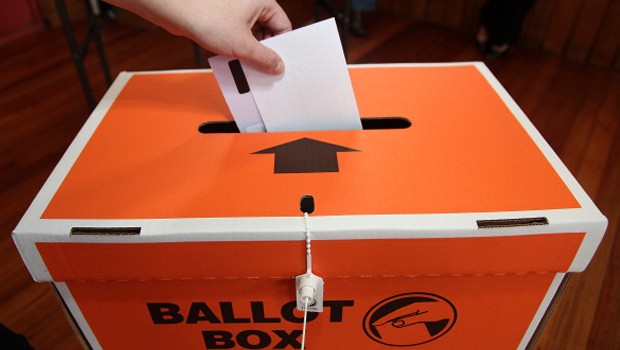Top Stories
Local Elections Face Criticism Over Uncontested Positions

The upcoming local body elections in New Zealand have sparked a debate over the growing number of uncontested positions, raising questions about the effectiveness of local governance. With elections scheduled for this weekend, an alarming trend has emerged: many candidates are winning seats without facing any opposition.
In total, more than 80 candidates across the country have already been elected unopposed, including mayors in Hurunui and Manawatū—Marie Black and Michael Ford, respectively. This situation highlights a significant imbalance between the number of available positions and the willingness of candidates to fill them.
A deep dive into the statistics reveals that in over 200 council races, approximately 1 in every 7 is uncontested. In various regions, including Lower Hutt, Southland, Buller, Stratford, and Marlborough, multiple councils have elected members without competition. Notably, several community boards in Rotorua Lakes, New Plymouth’s Kaitake, and rural Hastings also have empty seats that remain unfilled.
This scenario presents a clear indication: there are more positions available than there are candidates eager to assume those roles. Commentator Heather du Plessis-Allan voiced concerns about the implications of this trend, suggesting that the current structure may be asking too much from voters.
As she pointed out, the voting process in Auckland offers a stark example. Voters are provided with one vote for mayor, one for council, and up to seven votes for local board candidates. Many voters, including du Plessis-Allan herself, feel overwhelmed by the number of local board candidates, often knowing only a fraction of them or having reservations about some.
The situation raises critical questions about the value of having such a large number of local board politicians. In Auckland alone, there are 172 local board politicians, with the lowest-paid ward councillors earning over $54,000 each. Given the apparent lack of interest in these roles, the argument for reducing the number of politicians and simplifying local governance grows stronger.
As voters prepare for the elections, the call to action is clear: participate in the democratic process and make informed choices. The current election cycle presents an opportunity to rethink local governance and address the growing concern over uncontested positions. A reevaluation of the structure may be overdue, potentially leading to a more effective and responsive local government system.
-

 World4 months ago
World4 months agoTest Your Knowledge: Take the Herald’s Afternoon Quiz Today
-

 Sports4 months ago
Sports4 months agoPM Faces Backlash from Fans During Netball Trophy Ceremony
-

 Lifestyle4 months ago
Lifestyle4 months agoDunedin Designers Win Top Award at Hokonui Fashion Event
-

 Entertainment5 months ago
Entertainment5 months agoExperience the Excitement of ‘Chief of War’ in Oʻahu
-

 Sports4 months ago
Sports4 months agoLiam Lawson Launches New Era for Racing Bulls with Strong Start
-

 World5 months ago
World5 months agoCoalition Forms to Preserve Māori Wards in Hawke’s Bay
-

 Health4 months ago
Health4 months agoWalking Faster Offers Major Health Benefits for Older Adults
-

 Lifestyle4 months ago
Lifestyle4 months agoDisney Fan Reveals Dress Code Tips for Park Visitors
-

 Politics4 months ago
Politics4 months agoScots Rally with Humor and Music to Protest Trump’s Visit
-

 Top Stories5 months ago
Top Stories5 months agoUK and India Finalize Trade Deal to Boost Economic Ties
-

 Health2 months ago
Health2 months agoRadio Host Jay-Jay Feeney’s Partner Secures Visa to Stay in NZ
-

 World5 months ago
World5 months agoHuntly Begins Water Pipe Flushing to Resolve Brown Water Issue









